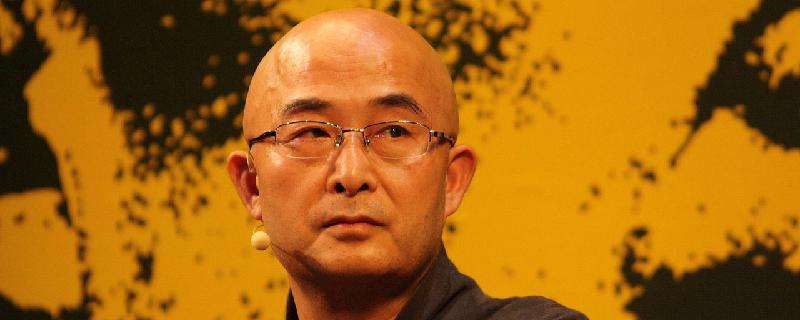Grace Jackson reviews Opium and Bullets by Liao Yiwu
https://chinachannel.org/2019/10/21/bullets-opium/

The translators, Jessie and David Cowhig and Ross Perlin, have deftly captured the two registers of Liao the poet and Liao the dissident, resulting in dramatic combinations of expressive and earthy language. The raw realities of incarceration (“diarrhea-filled days in such a small space, with all those bastards, skin sticking to skin, reeking ass next to reeking ass”) abut meditations on righteousness, such as Liao’s fantasy of building a monument to China’s tens of millions of ideological criminals, each individual represented by a tear-drop shaped crystal: “Seen from a distance, it won’t look like a monument but like a mountain gleaming with the cold light of eternal tears, one piled on top of another.”
attached to: Liao Yiwu


Comments
I'm glad she calls out the sexism inherent in the book! Truly one of the most difficult things to handle in so much of Chinese writing, fictional or non, even in books that you otherwise love or respect...
Eric Abrahamsen, October 23, 2019, 4:11a.m.
I'm translating a book right now where the author constantly talks about "how men and women are". Real men are strong and forceful, real women soft and sweet. Men are mud, women are like pure water, Jia Baoyu style. "Men like weapons and violence; women like fresh flowers and love" and so on ...
Anna G Chen, October 24, 2019, 6:27a.m.
Labeling male authors as "sexist" is now a recreational sport, and frankly good fun.
From my own point of view, I believe we should clarify: Are we talking about a work of non-fiction, or fiction? In the latter case, if fictional characters behave or speak in a sexist manner -- or the fictional narration espouses a sexist worldview -- can we assume that the author is sexist?
Bruce Humes, October 25, 2019, 12:33a.m.
I mostly deal with fiction, and I don't feel like this question is that hard to answer. In Anna's case, that's pretty obviously a case of hard-and-fast gender stereotypes. We've all translated or edited books where each female character is introduced via their physical measurements, or their general physical attractiveness. And I mean each character. There are certainly more subtle cases where it's not so easy to tell if it's the character or the author, but tbh I don't feel that uncertainty all that often.
Then there's the very awkward situation of the female authors who can be nearly as sexist (or at least as heavily stereotypical) as the men.
I feel like if we looked at each case of "activist translators/editors" changing the author's translation – something Chinese observers get very worked up about – we'd find a very significant percentage was a case of toning down sexism. There's general grumbling about "political correctness", but if you look at the specific instances – it can be pretty gross! Sometimes it's hard to argue for preserving the authorial genius.
Eric Abrahamsen, October 25, 2019, 2:41a.m.
The author I’m translating is a woman. It’s not about men’s attitudes to women, more about general stereotypes that are so ingrained that a lot of writers don’t even think about them.
Anna Gustafsson Chen, October 26, 2019, 5:49p.m.